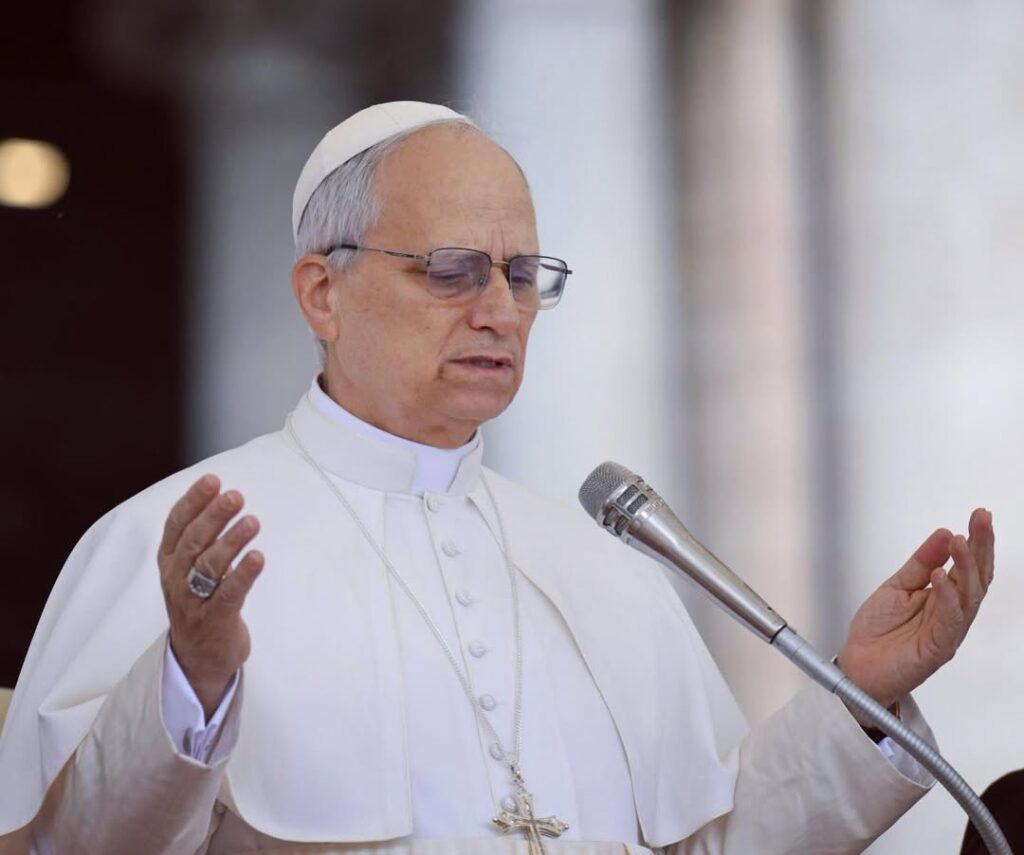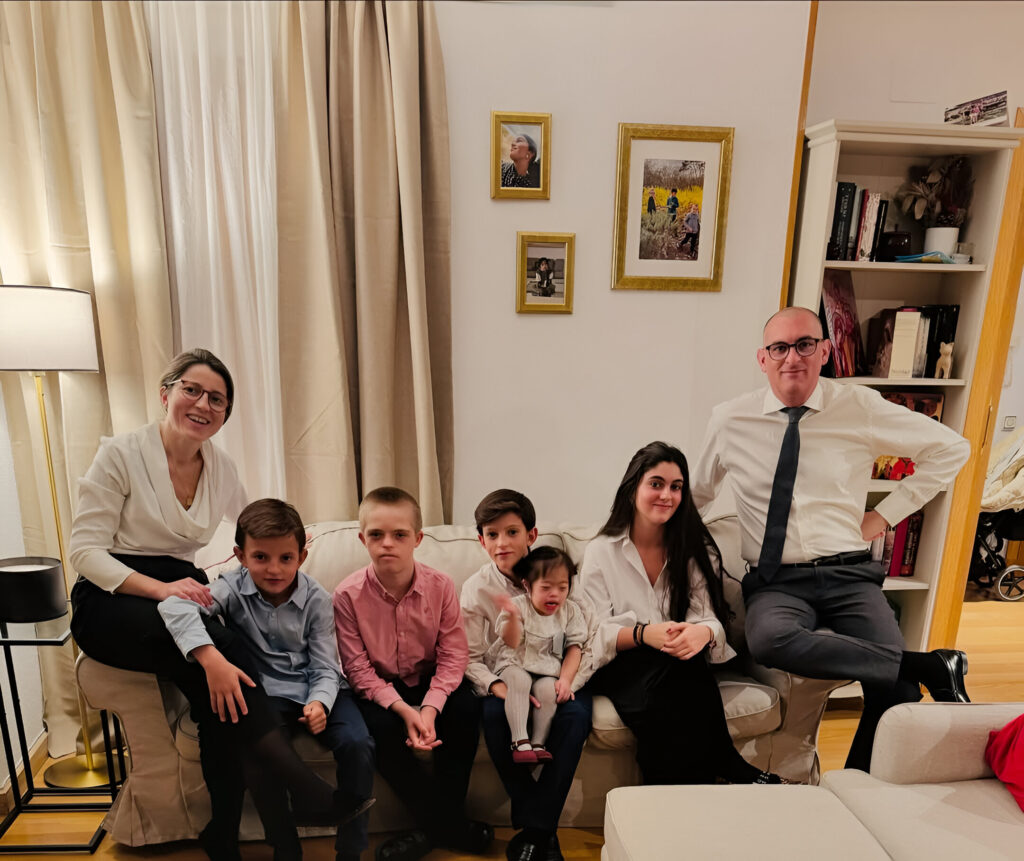Are they bad or stupid?
Between a lack of understanding and the intention to harm: The fine line in today's communication

I remember that in the Seminar we wondered if certain people were stupid or simply bad. One said, “They can’t be that bad,” and the other replied, “They can’t be that stupid.” Now, sadly, I doubt both. When I was studying Psychiatry, oligophrenia was understood as a disease caused by a very low IQ. The DSM-5, in its new edition, calls it Intellectual Disability Disorder, which is the exact meaning of “stupid.” The fact is that in this article, I’m not referring to the disease itself, but rather to those who don’t use their abilities out of laziness, to those who have no interest in learning—yes, there are many. And not only that, but also to those who seek to do harm or serve ideologies, or perhaps, to please the world. The Gospel we will read this Saturday says it clearly: If the world hates you, know that it hated me before it hated you. If you were of the world, the world would love you as its own. But because you are not of the world, but I have chosen you out of the world, therefore the world hates you. Remember what I said to you: “A servant is not greater than his master.” If they persecuted me, they will also persecute you; if they have kept my word, they will also keep yours (Jn. 15:18-20). Whoever wants to please this world is not following the path of Christ. He has made a mistake.
How can we evangelize people who do not distinguish between the concrete and the abstract? How can we clarify the terms of a homily when there is no ability to understand the basic difference, not even among professional journalists, high-ranking church officials, or renowned politicians? Because I want to think that those who have misunderstood Don Juan Antonio Reig, to the point that the Bishopric of Alcalá has had to state the matter, won’t be so bad if they know what he means, but deliberately distort it. But if they aren’t so bad, could it be that they are so stupid?
Let’s take it one step at a time. Chesterton said we would be put in jail for saying the grass is green: “We come from the infinite love of God, who gave us life through our parents, and this ensures your origin; you are not a failure! Not from the beginning. Even for children born with physical, intellectual, or mental disabilities, this is already an inheritance of sin and the disorder of nature. But they have been called by God, and like us, they have the entire foundation of our existence in God.” These words were spoken by the Bishop Emeritus of Alcalá a few days ago in a homily in Alba de Tormes.
Let’s go a step further: ALL ILLNESS, even death, is caused by sin. An inheritance of original sin. The Catechism of the Catholic Church says so. Will we have to change the Catechism to please the world, or the foolish? In number 400 we read: The harmony in which they existed, established thanks to original justice, is destroyed; the dominion of the spiritual faculties of the soul over the body is broken (cf. Gen 3:7); the union between man and woman is subjected to tension (cf. Gen 3:11-13); their relationships will be marked by desire and domination (cf. Gen 3:16). Harmony with creation is broken; visible creation becomes strange and hostile to man (cf. Gen 3:17, 19). Because of man, creation is subjected “to the bondage of corruption” (Rom 8:21). Finally, the consequence explicitly announced for the case of disobedience (cf. Gen 2:17) will be realized: man “will return to the dust from which he was formed” (Gen 3:19). Death makes its entrance into the history of humanity (cf. Rom 5:12). We understand that for those who have complained about Reig’s words, this paragraph may be obscure and difficult. Said in language understandable to infants, this paragraph says that sickness and death, as well as sexism and all the evils of human society, ARE CONSEQUENCES OF SIN.
All the truths contained in this passage cannot be explained in a three-minute homily, but they must continue to be expressed. What can be misunderstood? It’s possible. But I find it hard to believe that any cleric doesn’t understand. They’ve said that no disability can be argued to be an “inheritance” of sin. And we’re going back to explaining the Spanish. Inheritance doesn’t only refer to the money or possessions I receive from my parents when they die. It can also refer, generically, by analogy, to everything I receive from my elders: culture, traditions, the festivals of my town. In that sense, we say that the evil of the world (and disability as well) is an “inheritance” of original sin. But of course, if we have to descend to explaining what the words mean, it turns out some people should go back to school before making value judgments.
Don Juan Antonio apologized for the misunderstanding, but I wonder, wouldn’t we all be the ones who should apologize for being brief? Isn’t it the fault of society as a whole that there are journalists, politicians, clerics, and others who can’t distinguish the concrete from the abstract, who can’t understand an example by analogy? We’re not talking about philosophy in doctoral courses; we’re talking about common sense, about the meaning of words in Spanish. We’re talking about the fact that being stupid isn’t the same as being bad. And if this article bothered you, ask yourself why… and, of course, like Reig, I feel it too. “Study and you will know things,” they told us in college, but of course, that was twenty years ago, when we didn’t get offended by everything.
It may be that you didn’t fully understand me; perhaps I tried to say too much in a few lines. Sorry for that, but it’s quite normal that this article isn’t necessary for you, because what I’m saying is obvious. The difficulty begins when it’s necessary to explain the obvious. However, I can answer any questions you may have, and I’ll be happy to do so. I just want to tell you to be careful with the media, be careful with everything you receive. It’s often misinterpreted intentionally, because it’s not. They’re not that stupid. Take my advice.
Related

Peter has spoken through the mouth of Leo
Luis Francisco Eguiguren
23 May, 2025
4 min

How to be a better leader?
Hugo Saldaña Estrada
22 May, 2025
2 min

Cardinal Felipe Arizmendi: Leo XIV: “This is the hour of love”
Felipe Arizmendi
22 May, 2025
5 min

Embracing Plan B: The Story of Lola, Mother of Five, Two with Down Syndrome
Mar Dorrio
21 May, 2025
2 min
 (EN)
(EN)
 (ES)
(ES)
 (IT)
(IT)

